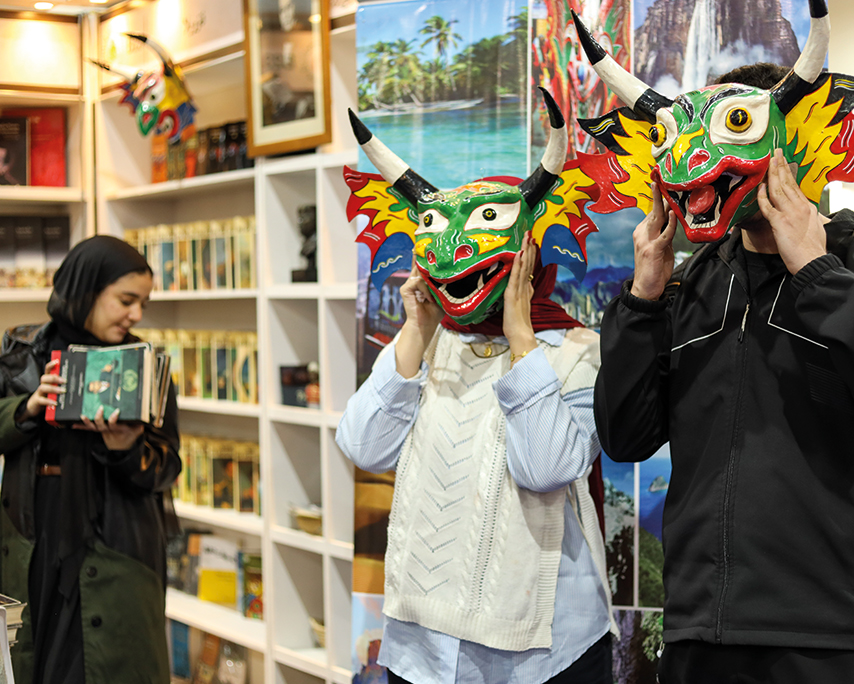The persistent underrepresentation of African voices in formal publishing
In formal publishing, African voices are still not heard loudly or widely enough. Not for lack of talent. Not for lack of stories. It is because a layered system of structural, historical, and economic inequities continues to silence or sideline us. Publishing may be branded as a vehicle for expression and freedom, but look closely and you will see that it is not an open road for everyone. For many African writers, publishers, and thinkers, it is still an uphill climb through a landscape designed with someone else’s map. So, what is perpetuating this underrepresentation? And more importantly, what do we do about it?
The African publishing industry was born in a world where colonial administrators controlled the press, dictated educational content, and decided what knowledge mattered. That legacy lingers. Today, many major African publishing houses are foreign-owned or follow editorial guidelines that mirror Euro-American tastes.
If a manuscript does not fit the dominant narrative of conflict, poverty, tribalism, or trauma, it is often dismissed as “too quiet” or “not marketable.” African languages? Too niche. Indigenous storytelling forms? Not literary enough. The result has been a filtered version of Africa that fits what the world expects to see, not what Africans live, feel, and imagine. Even where vibrant storytelling cultures thrive, practical publishing tools are often out of reach. Printing costs are high. Distribution networks are thin. Bookstores are rare outside major cities. And marketing budgets? Almost nonexistent.
A brilliant novel written in Kiswahili in rural Tanzania might never leave the community, not because it lacks value, but because the infrastructure to elevate it is nonexistent. Meanwhile, publishing a book in New York or London, ironically, offers more visibility for African stories than doing so in Lagos, Nairobi, or Harare.
Africa’s linguistic diversity is one of its greatest treasures, but also a major fault line in publishing. Most formal publishing still happens in English or French. Indigenous languages are often overlooked or underfunded. However, even as writers express themselves powerfully in their mother tongues, they are often pushed to translate into colonial languages for “market reach.” But what do we lose when we flatten our stories to fit foreign tongues? The rhythm. The nuance. The worldview. And yet, without investment in translation or cross-border publishing networks, African-language literature remains invisible, even to Africans.
Who decides what’s worth reading?
This question is central. Global publishing gatekeepers, such as editors, agents, and festival curators, often lack the cultural literacy to understand African contexts. Their preferences shape what gets signed, promoted, or awarded.
The uncomfortable truth is that what sells is often shaped by what the West wants to hear about Africa, not what Africans wish to say about themselves. Writers who do not fit this frame, those writing about joy, satire, futurism, or everyday life, struggle to find a platform. That is not just erasure but narrative control.
Although digital platforms offer some hope where blogs, podcasts, e-books, and online magazines allow writers to bypass traditional gatekeepers, access remains uneven. Internet costs are high, especially for the bandwidth needed to consume or distribute content. Algorithms still privilege content from the Global North.
The way forward
Fixing this imbalance requires us to recognise that African voices are not just an addition to global literature but central to it. Therefore, we must invest in local publishing infrastructure such as printing presses, editors, marketers, and book distribution systems rooted on the continent. We must champion multilingual publishing that supports works in indigenous languages and fund translation between African languages, not just into English or French. Additionally, there is a need to support independent publishers and writer’s collectives as they are often the first to take creative risks and tell new stories.
Until publishing centres lived African realities, not just exotic or marketable ones, we will remain trapped in a cycle of selective visibility. The question is no longer whether Africans can write. The continent is full of bold, brilliant storytellers. The real question is: who is willing to listen, and what systems are we building to amplify them?



